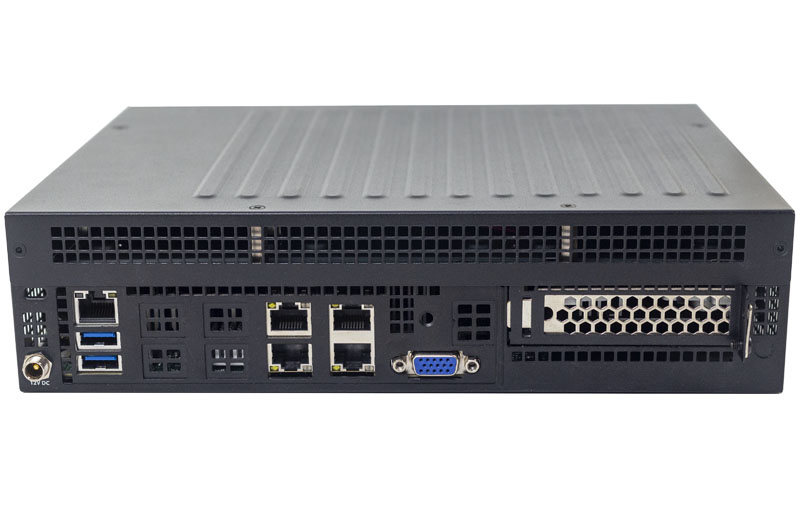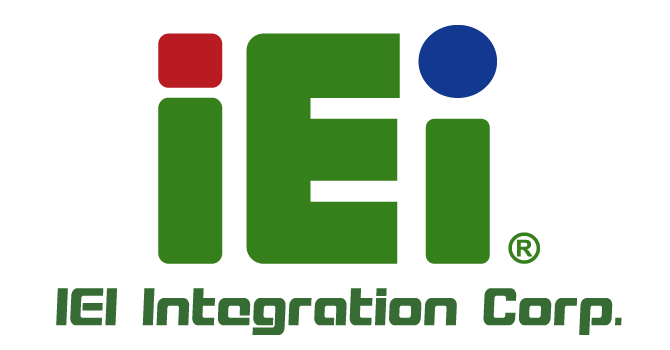With storage systems, it's not "buy cheap, buy twice". It is "buy cheap, loose everything".
I would avoid these AliExpress things like the plague. Or if you could afford to loose the data they control.
I think that our basic philosophies are similar, but I suspect my risk management profile may be different.
I don't want to tempt fate too much, but there is nothing in my hardware collection that can't be recovered from backup, so the probability of "lose everything" is actively managed, and extremely low. But, as you suggest, my "storage systems" are not Chinese origin...
However, at the extremities of my networks I have routers, firewalls, and media clients that generally boot from USB, and can be recovered quickly and easily, often with a simple hardware swap. This is exactly where these "AliExpress things" seem fit for purpose.
I have had one
AliExpress thing for about 6 months, for testing and playing. I bought it bare-bones, and added branded memory sourced locally, plus a good quality 64G USB3 stick to boot from. It has no moving parts, and draws less than 10W idle (which is its usual state). I liked it so much that I just ordered another -- not exactly sure how I will deploy it, but I have a lot of 10+ year old hardware (with lots of noisy power supplies and fans) that's reaching end of plausible life.
I don't know how reliable this Chinese stuff will turn out to be in the long term, but it's not much different to a Raspberry Pi to me. It's cheap, highly functional, low power, noiseless, readily replaceable, and does the intended job very well. If it breaks, I drop it in the bin, and spend a bit more on the new hardware. I'm comfortable with that level of risk.
[Caveat: The integrated Intel graphics chips on these mini-PCs do not yet have main-stream support on FreeBSD. That will change in due course, but I am using Ubuntu 22.04 desktop LTS because it has a recent Linux kernel which supports the hardware. For the time being, FreeBSD runs fine in a KVM (and the Pentium N6005 CPU has enough grunt to make that pleasant). I have not yet tested pfSense or OPNsense on the hardware, but will probably do so when the next box arrives.]






